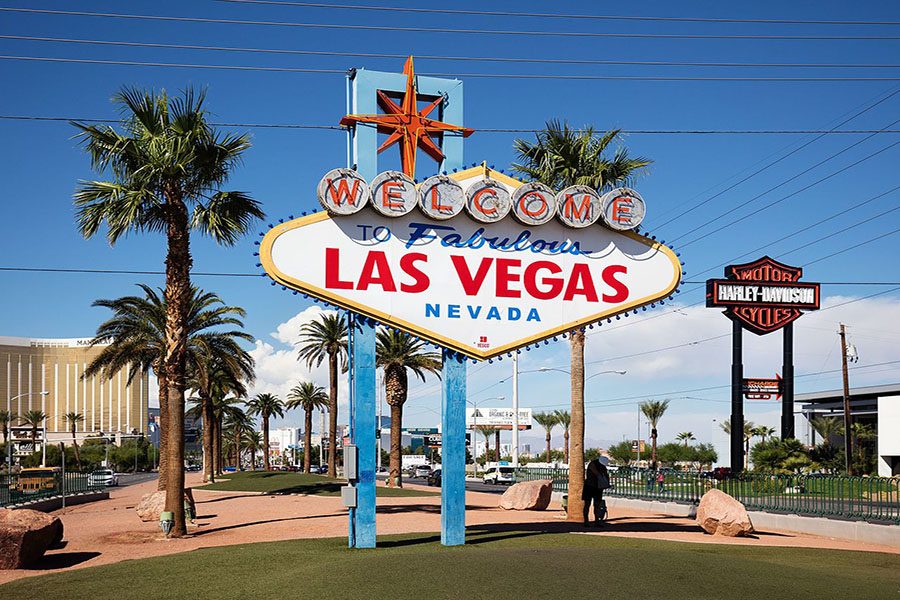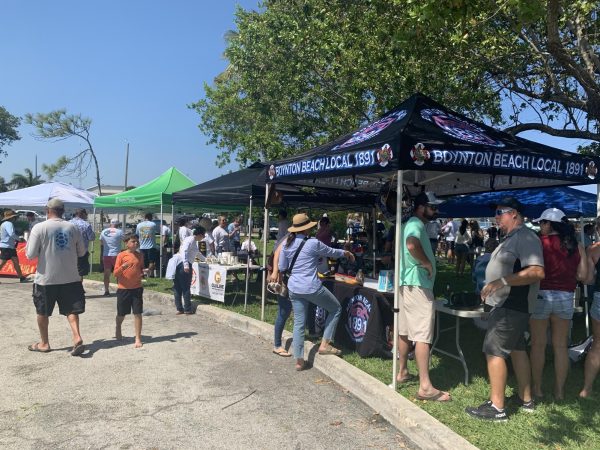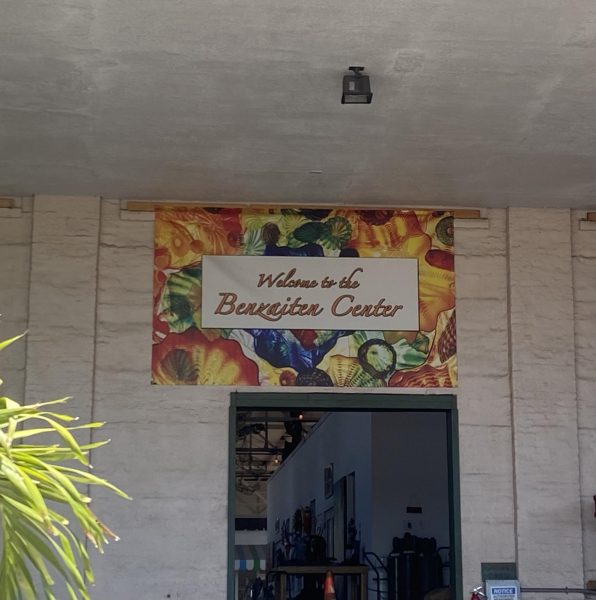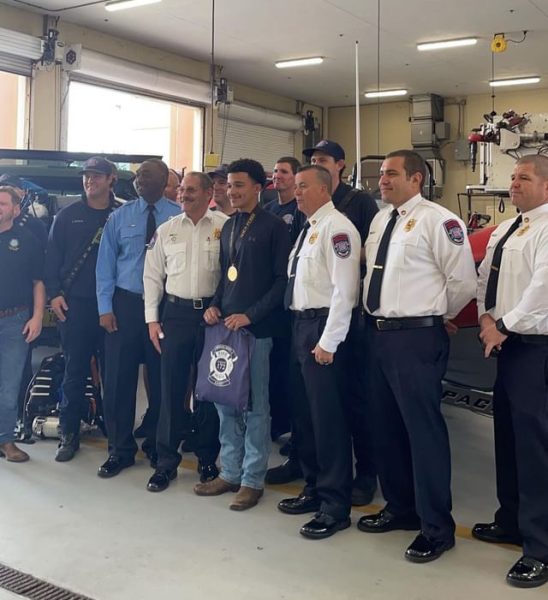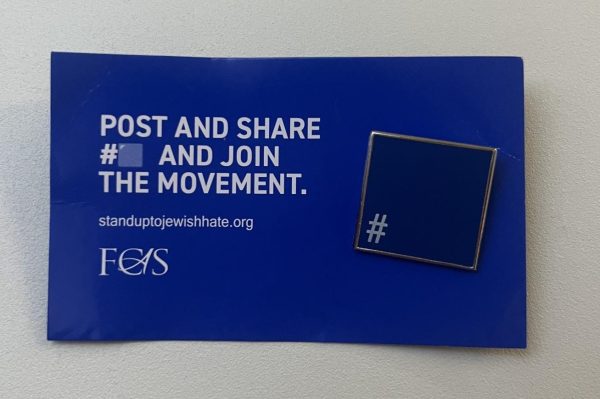How the Media Covered the Las Vegas Shooter
October 10, 2017
Sunday night, October 1st, one of the deadliest mass shootings occurred killing 59 and injuring at least 527. The catastrophic event took place during the Route 91 Harvest Festival in Las Vegas. The 64 year old mass murderer was dubbed a ‘lone wolf,’ ‘local man,’ ‘country music fan,’ and a ‘normal man,’ but never what he truly is. Despite having his actions claimed by the radical terrorist group ‘ISIS,’ not one news source named him a terrorist.
The media is extremely quick to name actions less severe than this an act of terrorism, but it is beginning to come to light that outside factors other than the catastrophic acts of violence they commit influence how they are described in news headlines.
Terror was brought upon a large portion of Las Vegas and much of the United States when news first emerged of these horrific actions. A music festival, a place where many go to enjoy themselves and see their favorite artists live in concert, was the target of this attack. For the teens of my age and generation, concerts are a normal event to attend. This has affected the way anyone can look at concerts, not knowing if it can be safe, ultimately affecting the entire experience.
One man singlehandedly managed to do this destruction and change the perspectives of many in America, yet domestic terrorism is nowhere near mentioned in any major news articles. From Dylan Klebold and Eric Harris, to Dylan Roof, and now Stephen Paddock, despite being sixteen to eighteen years apart, they all have one thing in common. These mass murders were described as being carried out by people who “don’t fit the mass shooter profile” even though that is exactly what they did.
The media’s attempt to humanize these shooters is extremely noticeable and has been for years. The headlines focusing on the victims of shootings would rather describe prior run ins with the law; but a man who tormented a music festival, killing and injuring in the hundreds, ‘loved to gamble’ and ‘lived a retired life.’
The main argument against these actions being acts of terrorism is that they were carried out by a ‘local man’ rather than a foreign individual or outsider. Terrorism is defined as ‘the systematic use of terror especially as a means of coercion’ by the Merriam-Webster dictionary. Not once does it state in this definition that being a terrorist depends on where the individual is from or the background of them, strictly on how they caused fear.
In times where profiling is an obvious matter and discrimination coming from every race is at a high, instances like this remind me that ‘the white man’ will continue to be looked at differently than a minority.

